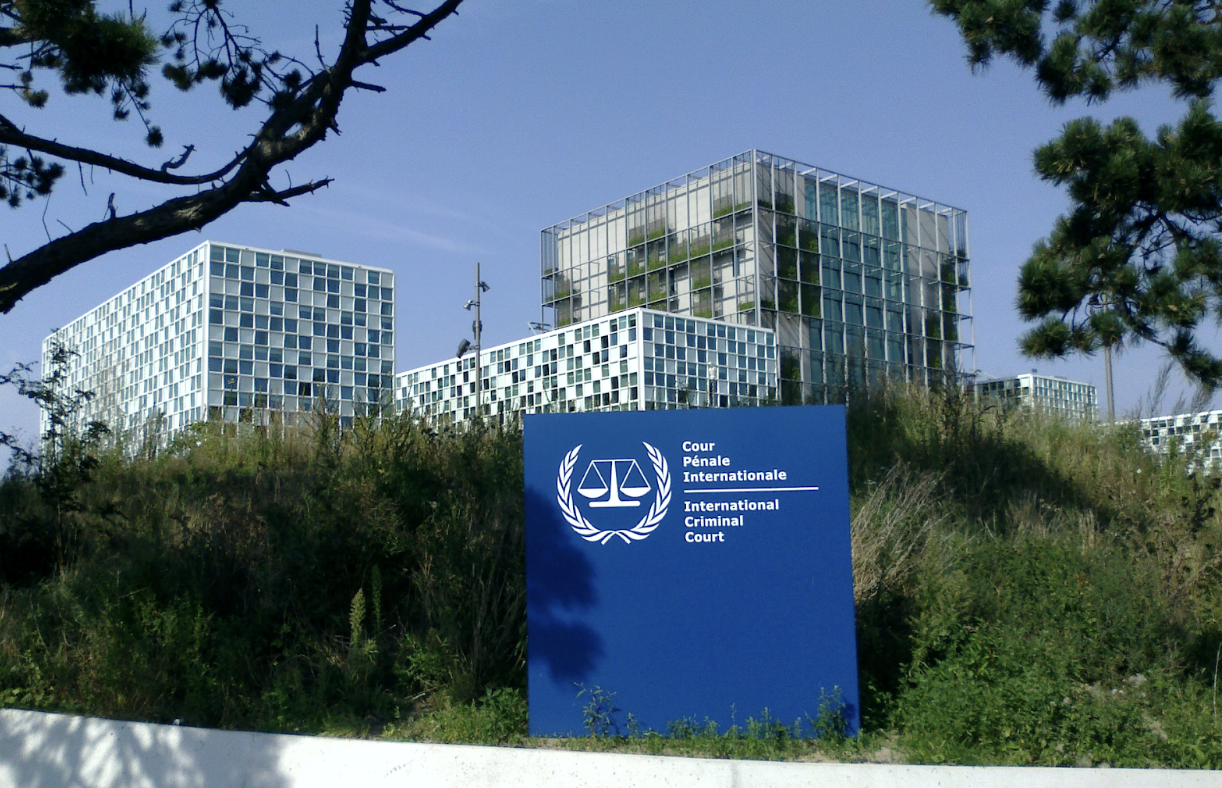Three West African nations to Withdraw from the International Criminal Court

Salma Shabana, BA Economics and Politics
In a joint statement released on September 23rd 2025, Mali, Burkina Faso, and Niger, the three members of the Alliance of Sahel States (AES), announced their withdrawal from the International Criminal Court (ICC). The military-run nations called the ICC an ‘instrument of neo-colonial repression’ and accused the court of selective justice. The three states added their intention to uphold ‘indigenous mechanisms for the consolidation of peace and justice.’
The ICC was established in 2002 to investigate and prosecute cases of crimes against humanity, war crimes, genocide, and aggression. African states, being the largest single bloc to vote for the adoption and ratification of the Rome Statute (ICC’s founding treaty) in 1998, played a leading role in establishing the court. Today, African states remain the largest bloc in the ICC, making up 33 of the court's 125 members.
This is not the first time the court has faced accusations of bias. In 2017, the African Union adopted a resolution recommending its member states withdraw from the court due to its perceived targeting of African nations. This is exemplified by the fact that of the 33 cases the court has pursued since 2002, only one involved a non-African country. Following the backlash, the court introduced reforms that included investigating situations outside of Africa, namely Palestine, Ukraine, and Myanmar. It seemed the ICC had evaded a mass exodus of African nations. However, the recent announcement by the AES is undoubtedly a blow to the court.
Between 2020 and 2023, Mali, Burkina Faso, and Niger experienced coups leading to their current military-led governments. The AES emerged on September 16th 2023 as a mutual defense pact between the three nations. The confederation has taken an anti-Western stance and is increasingly aligning with Russia. Ibrahim Traoré, Burkina Faso’s leader, in particular, has gained popularity as a Pan-Africanist, anti-imperialist figure, rejecting International institutions such as the International Monetary Fund and now the ICC. Earlier this year, the AES made another unified move, leaving the Economic Community of West African States (ECOWAS) and the ECOWAS Court of Justice.
The AES’s decision to withdraw from the ICC has raised concerns among human rights groups such as Human Rights Watch. This decision has come during a period of turmoil in the region. Increasingly, the military governments have engaged in armed conflicts with Islamist groups, resulting in civilian casualties and alleged war crimes committed on all sides. Without independent mechanisms, civilian victims of these conflicts could be left with no recourse for justice, Human Rights Watch says. Further, since 2013, the ICC has been investigating alleged war crimes in Mali after a self-referral by the government, which was supported by both Niger and Burkina Faso at the time. Continuing the investigation will be difficult without the cooperation of the Malian authorities.
Nevertheless, the withdrawal will take effect in one year; hence, Mali, Burkina Faso, and Niger will remain members of the ICC until then.



